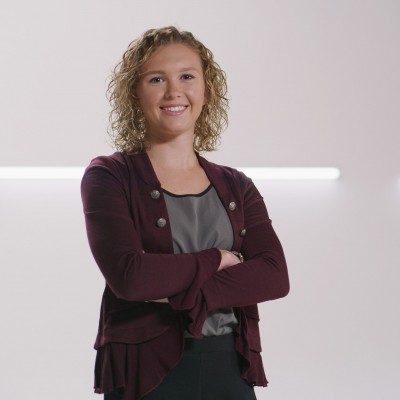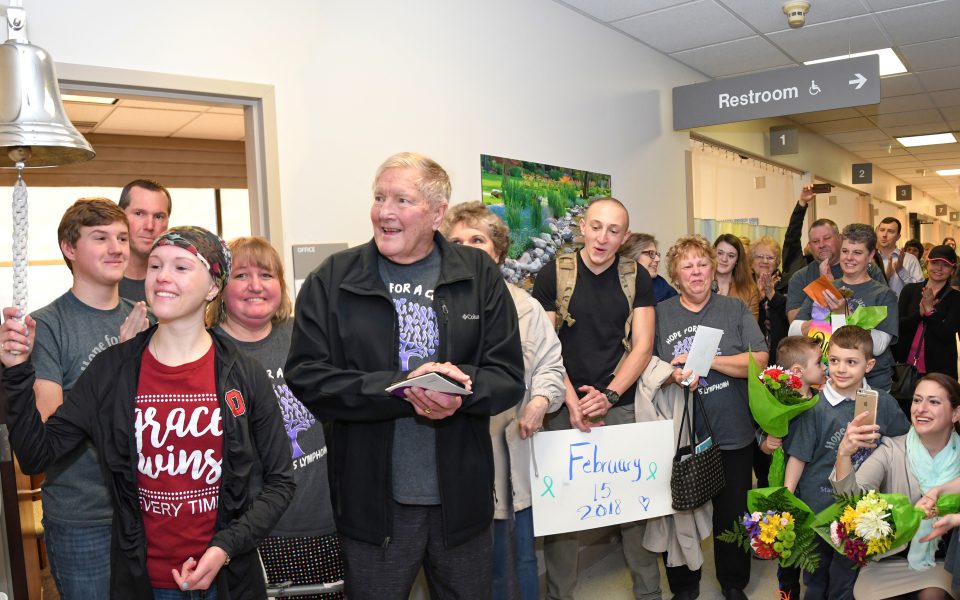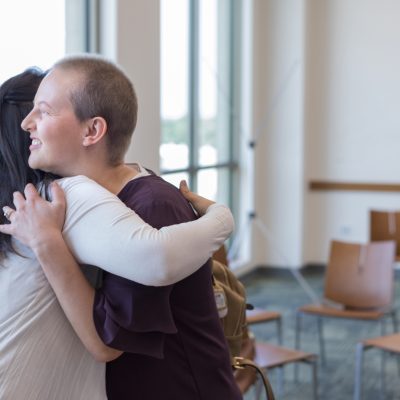Experts in Personalized Care
 Consisting of two main types – Hodgkin lymphoma and non-Hodgkin lymphoma – this blood disease affects the lymph nodes. Because this disease starts in the white blood cells, which are found in many different parts of the body, lymphoma can be found in a variety of sites, including: lymph nodes, spleen, bone marrow, adenoids and tonsils, or the digestive tract.
Consisting of two main types – Hodgkin lymphoma and non-Hodgkin lymphoma – this blood disease affects the lymph nodes. Because this disease starts in the white blood cells, which are found in many different parts of the body, lymphoma can be found in a variety of sites, including: lymph nodes, spleen, bone marrow, adenoids and tonsils, or the digestive tract.
Lymphoma is one of the most common cancers in adolescents, and our board-certified hematologists are committed to providing compassionate care while helping you to fight your cancer.
Our cancer care team uses state-of-the-art technology to provide you with the best treatment possible. Once diagnosed, you will be connected with an oncology nurse navigator who is there every step of the way to provide guidance, support and education.
Contact our Cancer Care team at 740-687-6900 to learn more about how we treat lymphoma.



